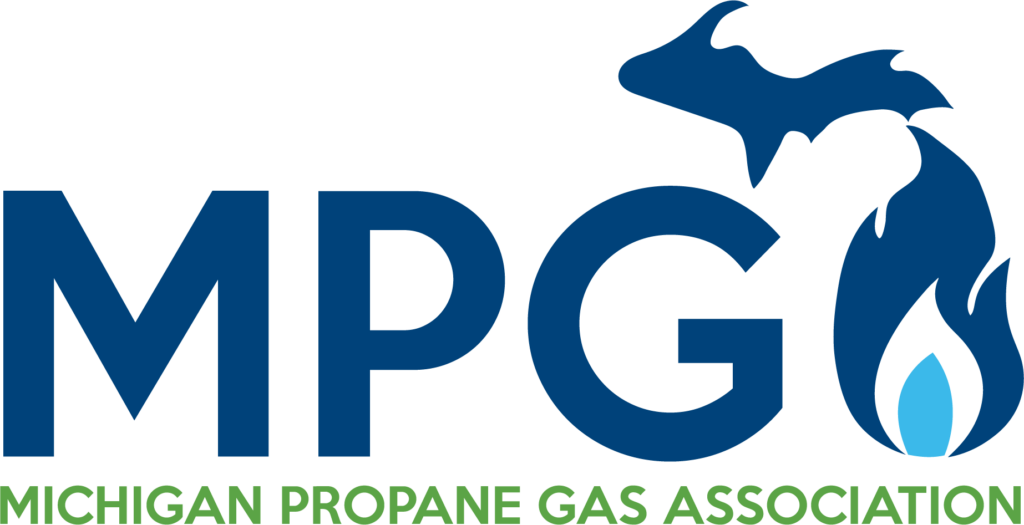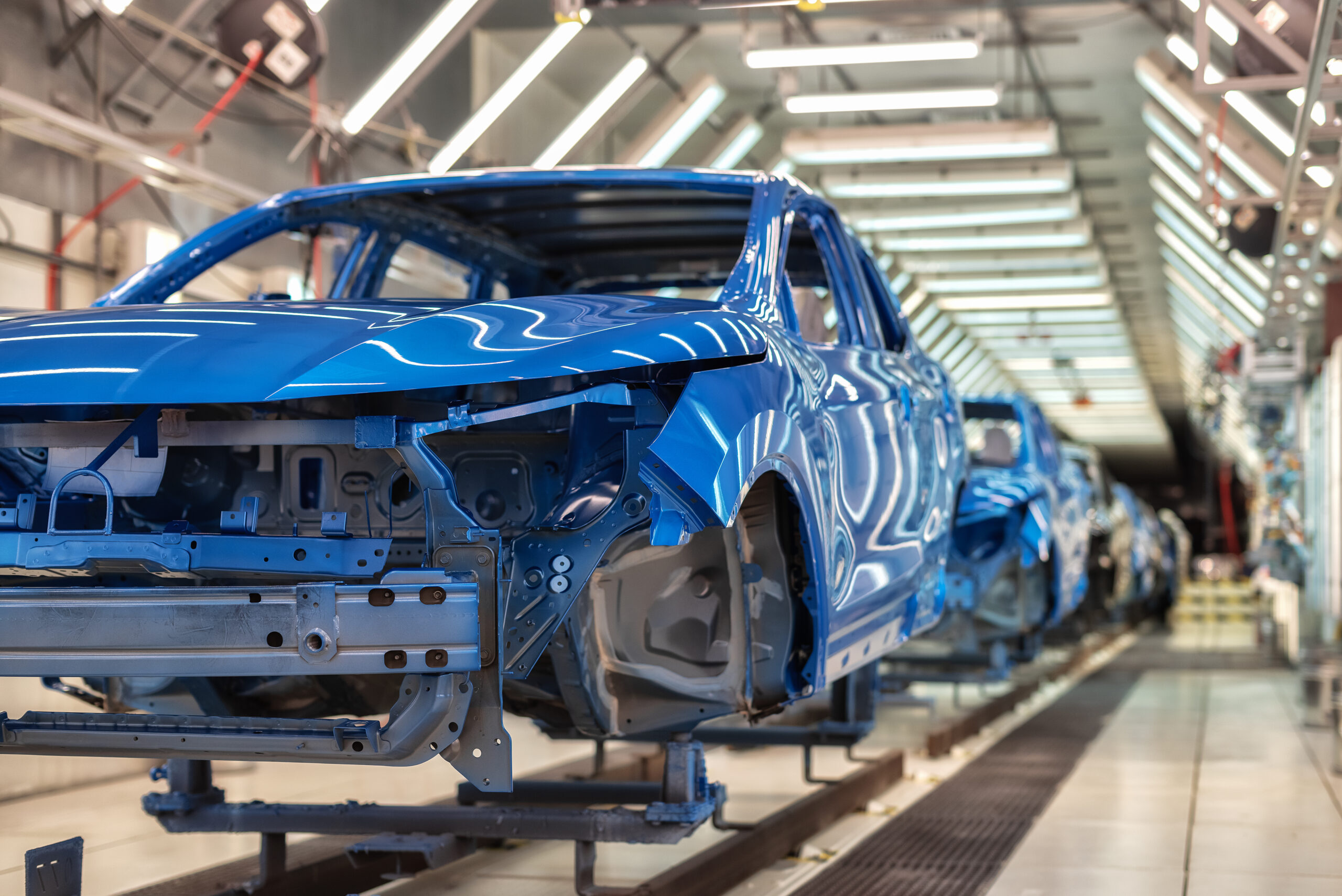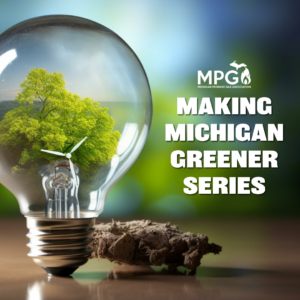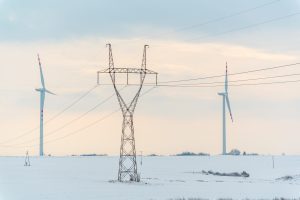Michigan Not Seeing Return on EV Investments
By Kurt Nagl
Millions of dollars have been allocated to developing electric vehicle and EV battery plants in Michigan, but many of these projects have been downsized or stopped completely because of the lower-than-anticipated consumer demand for EVs. Many of its much-heralded victories from the previous year have become less noteworthy as the car industry’s unsteady shift to renewable energy causes delays for new car launches, smaller plant footprints, and job losses throughout the state.
These ‘investments’ are just not paying off. This is all despite the fact that Michigan has routinely placed the highest bids for electric vehicle projects. According to data from the Center for Automotive Research, since 2021, Michigan has provided approximately $5 billion in incentives to land significant EV-related projects totaling $14.7 billion in corporate investment in the state. This is in stark contrast to states like Georgia, which has the most electric vehicle facilities and paid almost $1 billion less to attract $20 billion in corporate investment.
Much of this hesitation from consumers has to come down to the significantly higher cost of electric vehicles compared to their combustion counterparts. Despite the slowing enthusiasm from consumers, Josh Hundt, executive vice president and chief projects officer for the Michigan Economic Development Corp., says Michigan is still pushing hard to secure more projects in the EV/mobility market and beyond.
An example of the failure of these government subsidies is the significant portion of the state’s $1.7 billion incentive package—the biggest state subsidy authorized this year—that went toward the Ford-CATL battery factory in Marshall. This package included funds for SOAR. A month ago, Ford declared that the facility, which had originally required an investment of $3.5 billion and employed 2,500 people, would now only require around $2.2 billion and 1,700 jobs.
According to Hundt, the MEDC is revising an incentive package deal to account for the plant’s reduction, and contracts have clauses about clawbacks that include the state withholding incentive payments unless certain milestones are reached.
Last month, the battery startup that received a $237 million package of incentives for a $1.6 billion factory with 2,100 employees planned in Van Buren Township laid off 25% of its workforce. Its founder and CEO were demoted shortly after due to difficulties with funding and the industry’s EV setbacks. There are now many doubts about the future of its ambitious expansion plans.
Gotion Inc., a Chinese manufacturer, has yet to break ground on a $2.4 billion battery plant that will create 2,350 jobs close to Big Rapids. The project is still controversial and has experienced several setbacks despite receiving $715 million in incentives. Company representatives maintain that the project is still moving forward in spite of resistance that forced the whole board of a nearby township to be recalled. Gotion Inc. spokesman John Whetstone still claims that groundbreaking is still planned for the summer of 2024.
Uncertainty in the business has resulted in job losses in other areas of West Michigan. Tens of millions of dollars in subsidies were allocated to support LG Energy Solution’s large-scale growth. However, the company announced last month that it will be laying off 170 workers as a result of the EV slowdown. In addition to the $1.7 billion expansion project announced in 2022, in October, LG announced a $3 billion expansion plan to supply Toyota with lithium-ion battery modules.
EVs are predicted to make up 7.3% of all new cars sold in North America by the end of the year, which is roughly 1% less than anticipated. 2024 sales are likewise predicted to be less than expected. Since the difference in cost seems to be one of the main hesitations for adoption, automakers want to introduce more affordable electric cars that are priced closer to their combustion engine counterparts. If price is not the only concern for consumers and transitioning to electric continues to do poorly, the large-scale EV projects in Michigan and the industry’s overall clean energy revolution are in jeopardy.
